Pacific Asian Alcohol and Drug Program

Overview
Pacific Asian Alcohol and Drug Program is a substance abuse treatment center for people seeking treatment near Los Angeles County. As part of their treatment modalities for recovery, Pacific Asian Alcohol and Drug Program provides 12-step facilitation, family counseling, and group counseling during treatment. Pacific Asian Alcohol and Drug Program is located in Los Angeles, California, accepting access to recovery (atr) voucher for treatment.
Pacific Asian Alcohol and Drug Program at a Glance
Payment Options
- Access to Recovery (ATR) Voucher
- Private health insurance
- Cash or self-payment
- State-financed health insurance plan other than Medicaid
- Payment assistance (check with facility for details)
Assessments
- Comprehensive mental health assessment
- Comprehensive substance use assessment
Age Groups
- Adults
- Children/adolescents
- Young adults
Operation
- Private non-profit organization
Highlights About Pacific Asian Alcohol and Drug Program
6.82/10
With an overall rating of 6.82/10, this facility has following balanced range of services. Alcohol Rehabilitation: 8.00/10, Drug Rehab and Detox: 6.00/10, Insurance and Payments: 6.53/10, Treatment Options: 6.73/10.-
Alcohol Rehabilitation 8.00
-
Treatment Options 6.73
-
Insurance and Payments 6.53
-
Drug Rehab and Detox 6.00
Accreditations
State department of health:

Government agencies issue State Licenses, granting rehabilitation organizations permission to operate their businesses lawfully within specific geographic regions. The specific licenses needed for legal operation are typically determined by the type of rehabilitation program offered by the facility and its physical location.
Treatment At Pacific Asian Alcohol and Drug Program
Treatment Conditions
- Mental health treatment
- Alcoholism
- Opioid Addiction
- Substance use treatment
- Co-occurring Disorders
Care Levels
- Detoxification
- Aftercare
- Outpatient
Treatment Modalities
- 12-step facilitation
- Family counseling
- Group counseling
- Trauma-related counseling
- Individual psychotherapy
Ancillary Services
Languages
- Spanish
Special Programs
- Clients with HIV or AIDS
- Clients who have experienced trauma
Get Help Now
Common Questions About Pacific Asian Alcohol and Drug Program
Contact Information
Other Facilities in Los Angeles
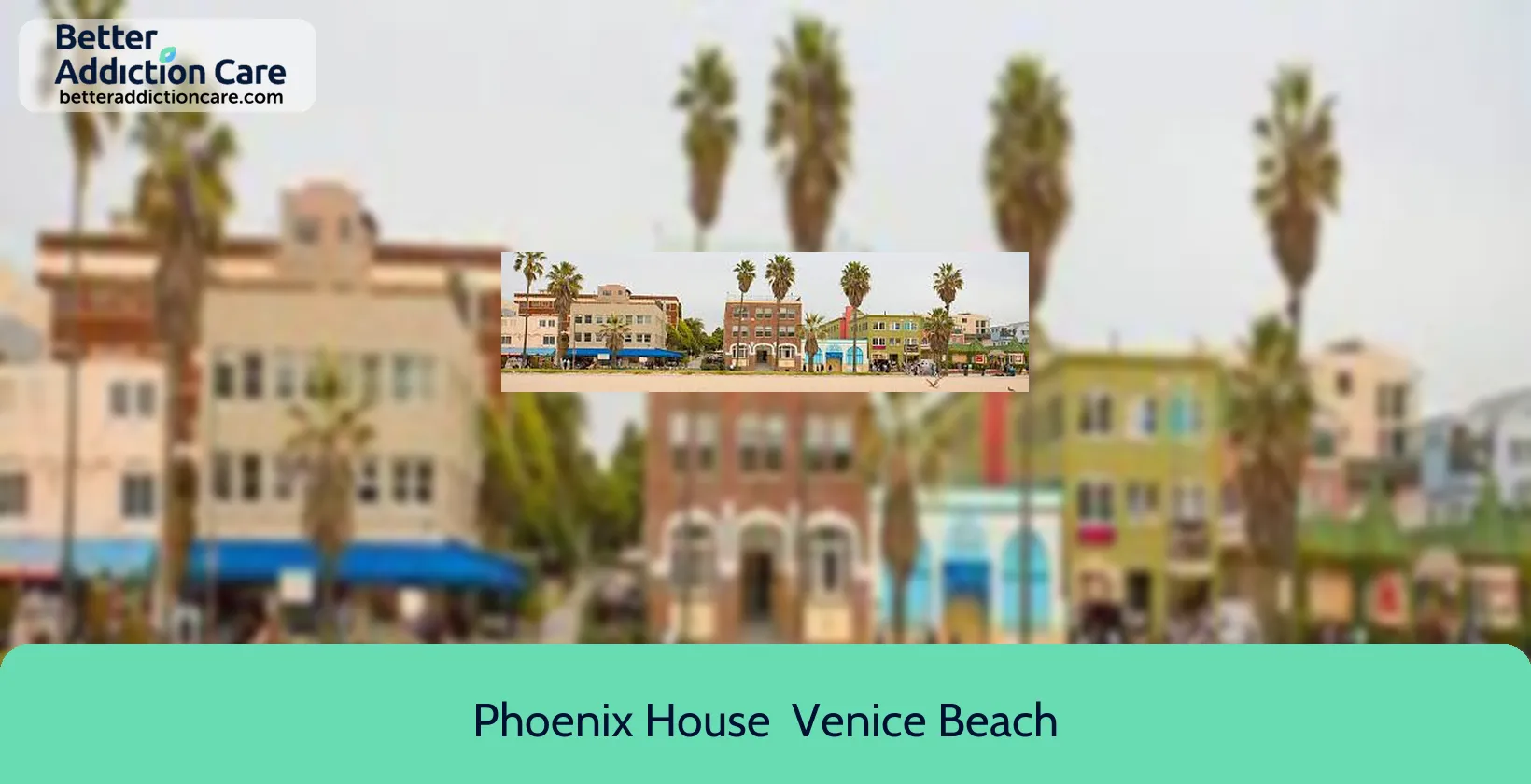
6.68
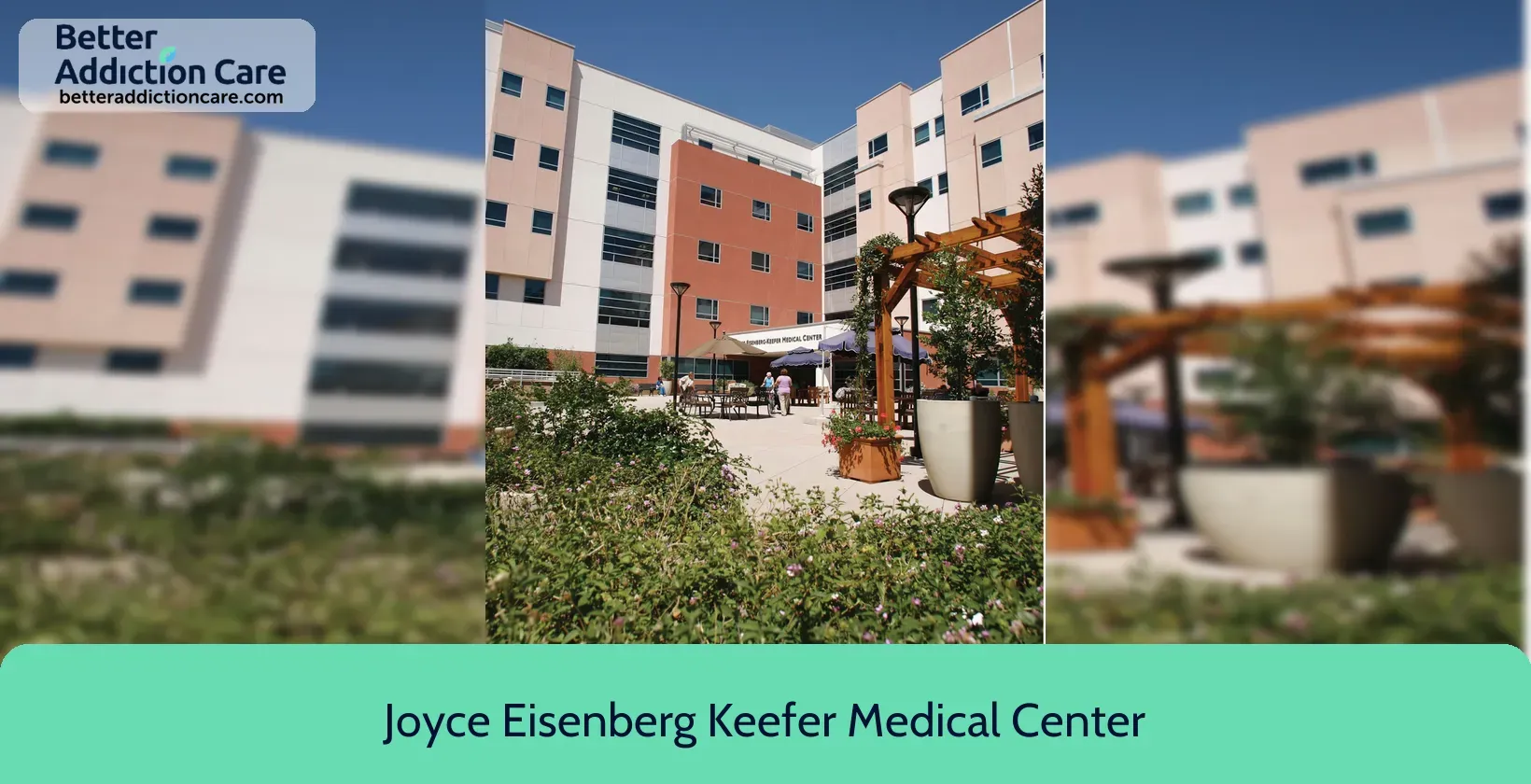
6.62
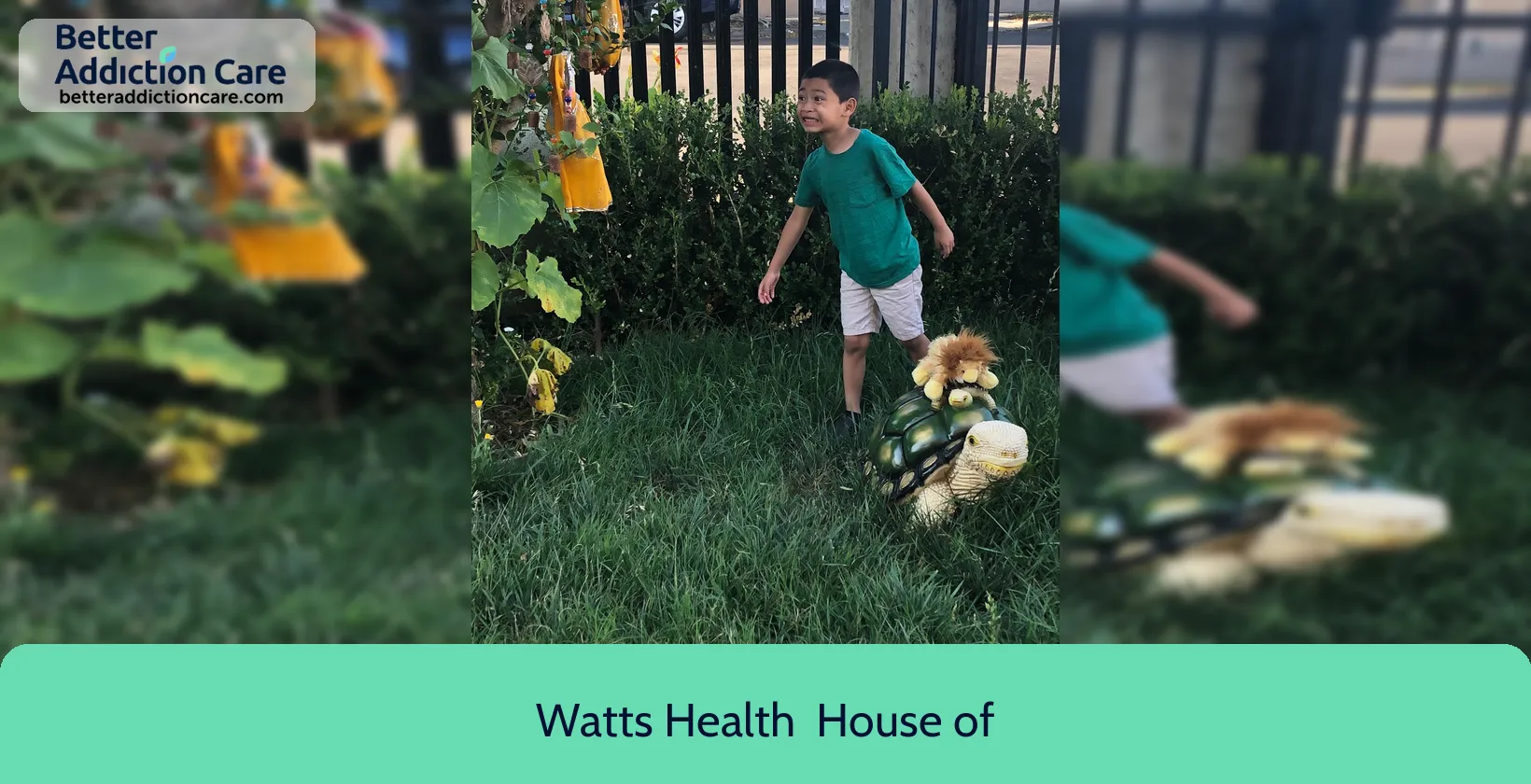
6.77
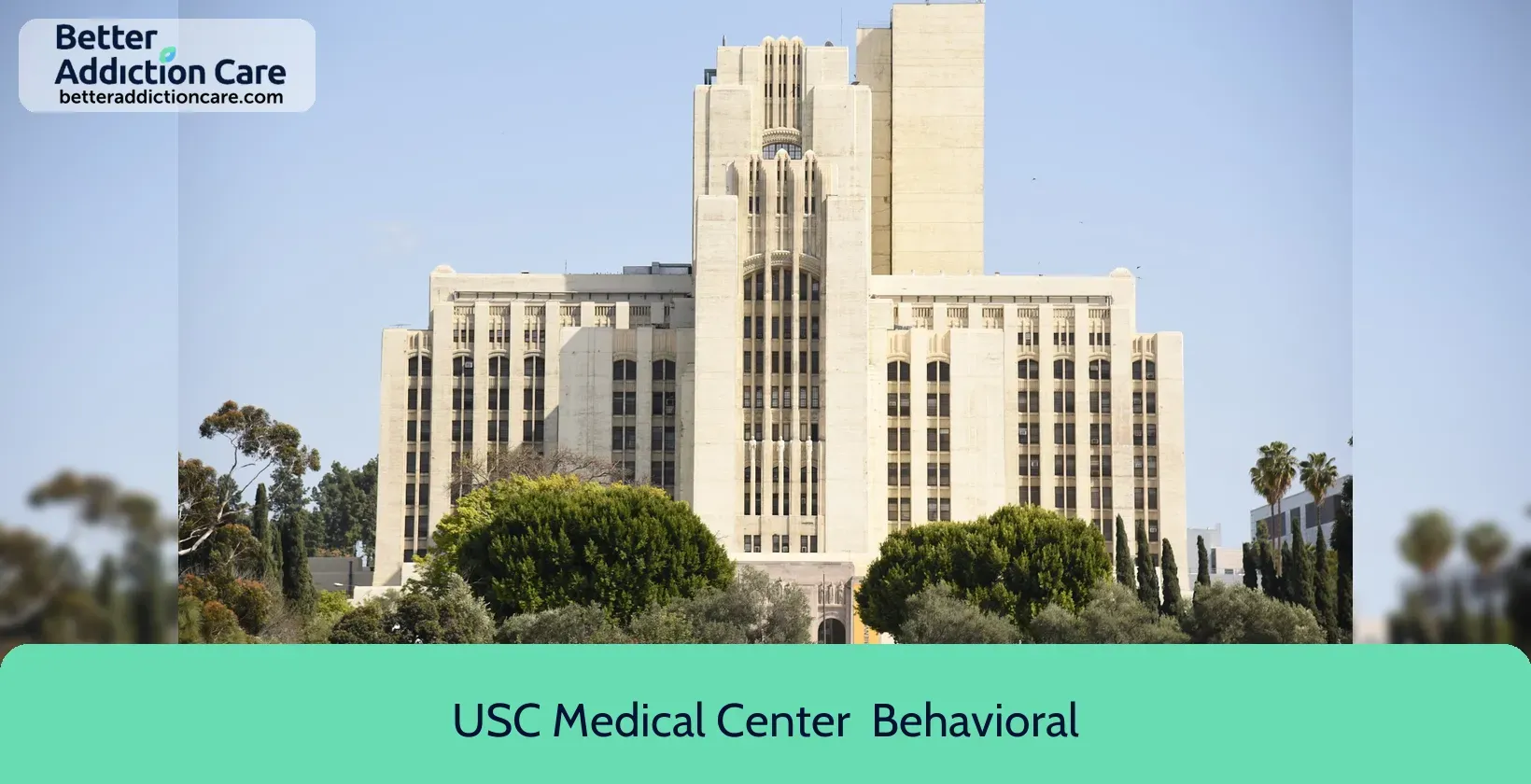
6.74
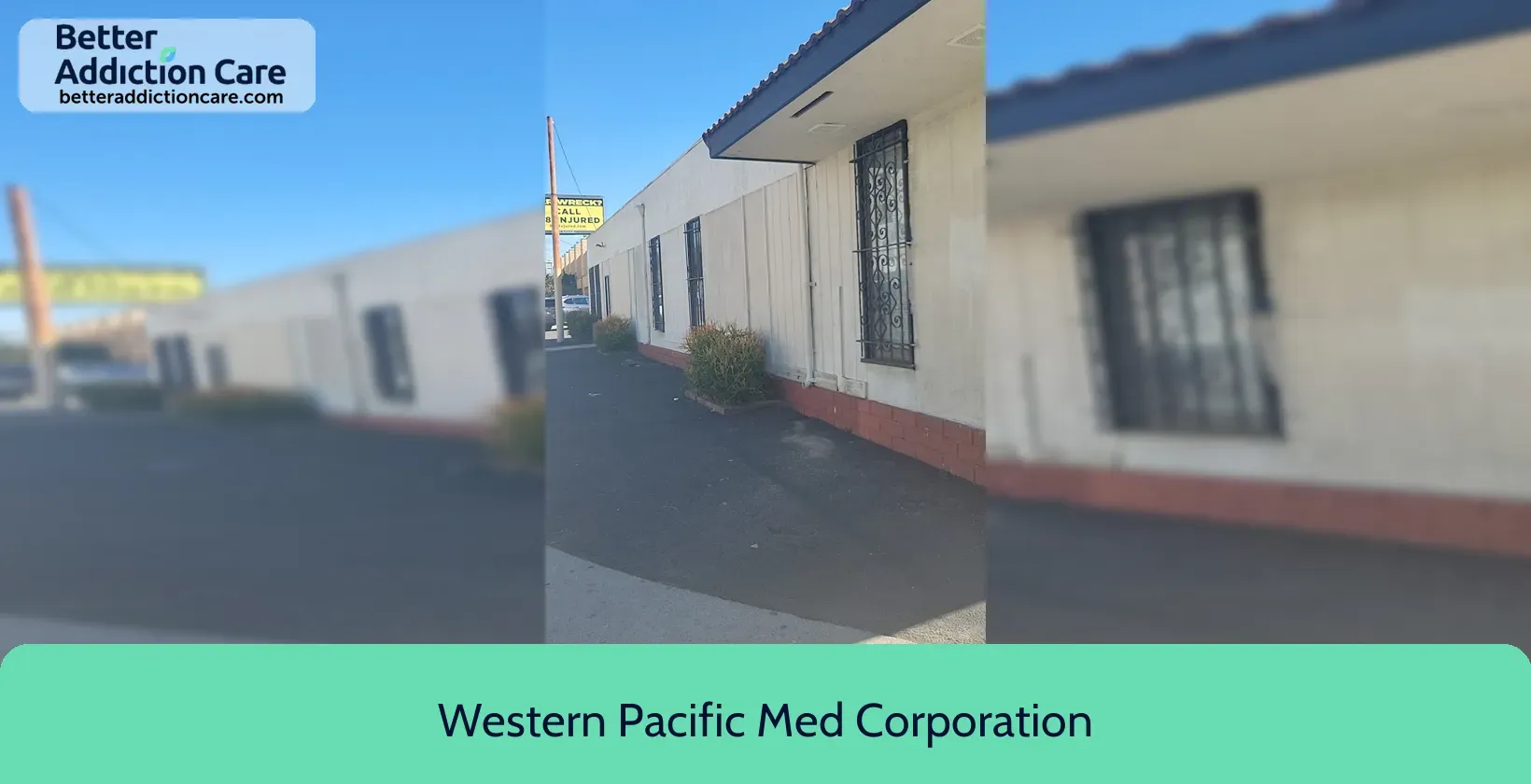
6.50
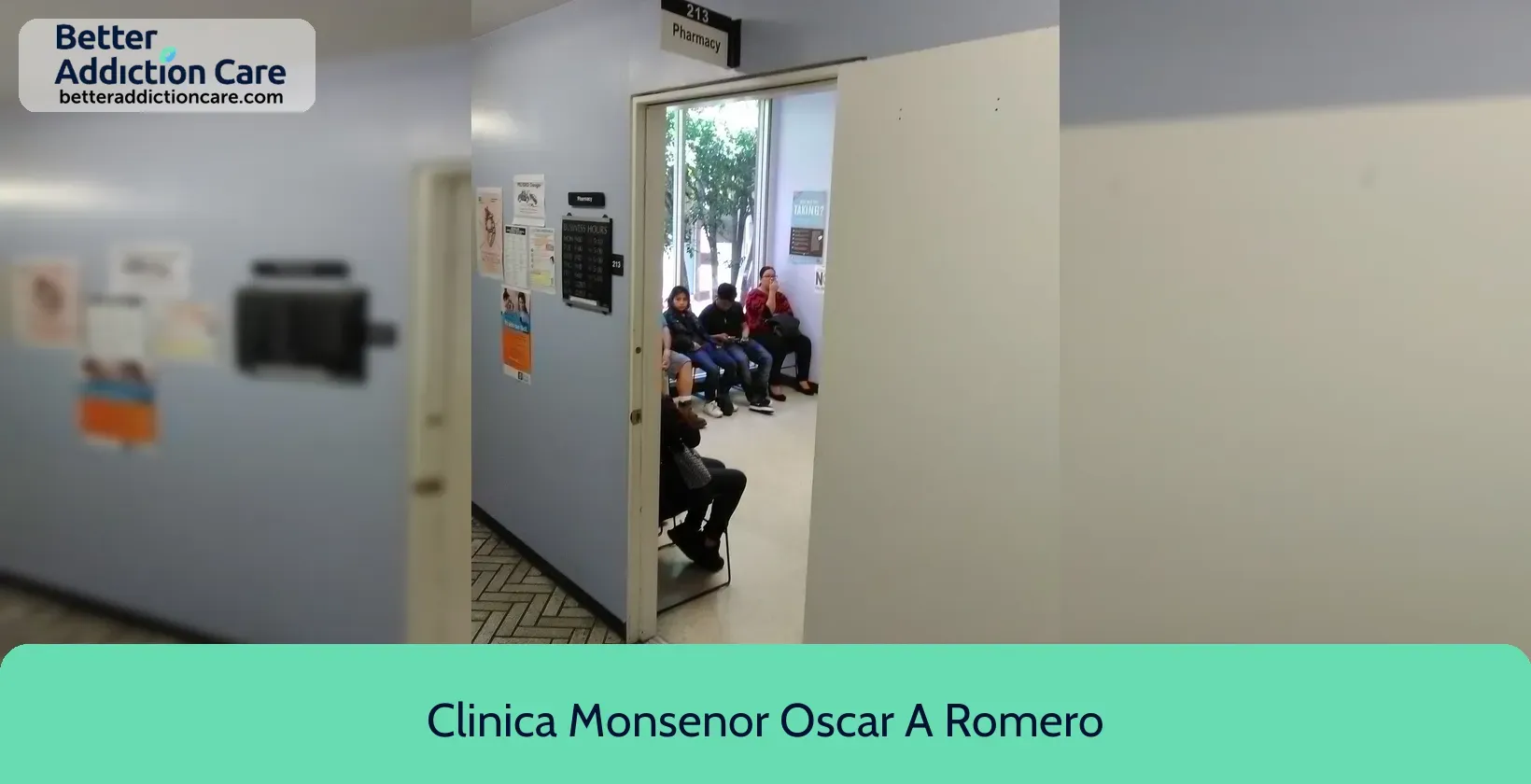
6.56
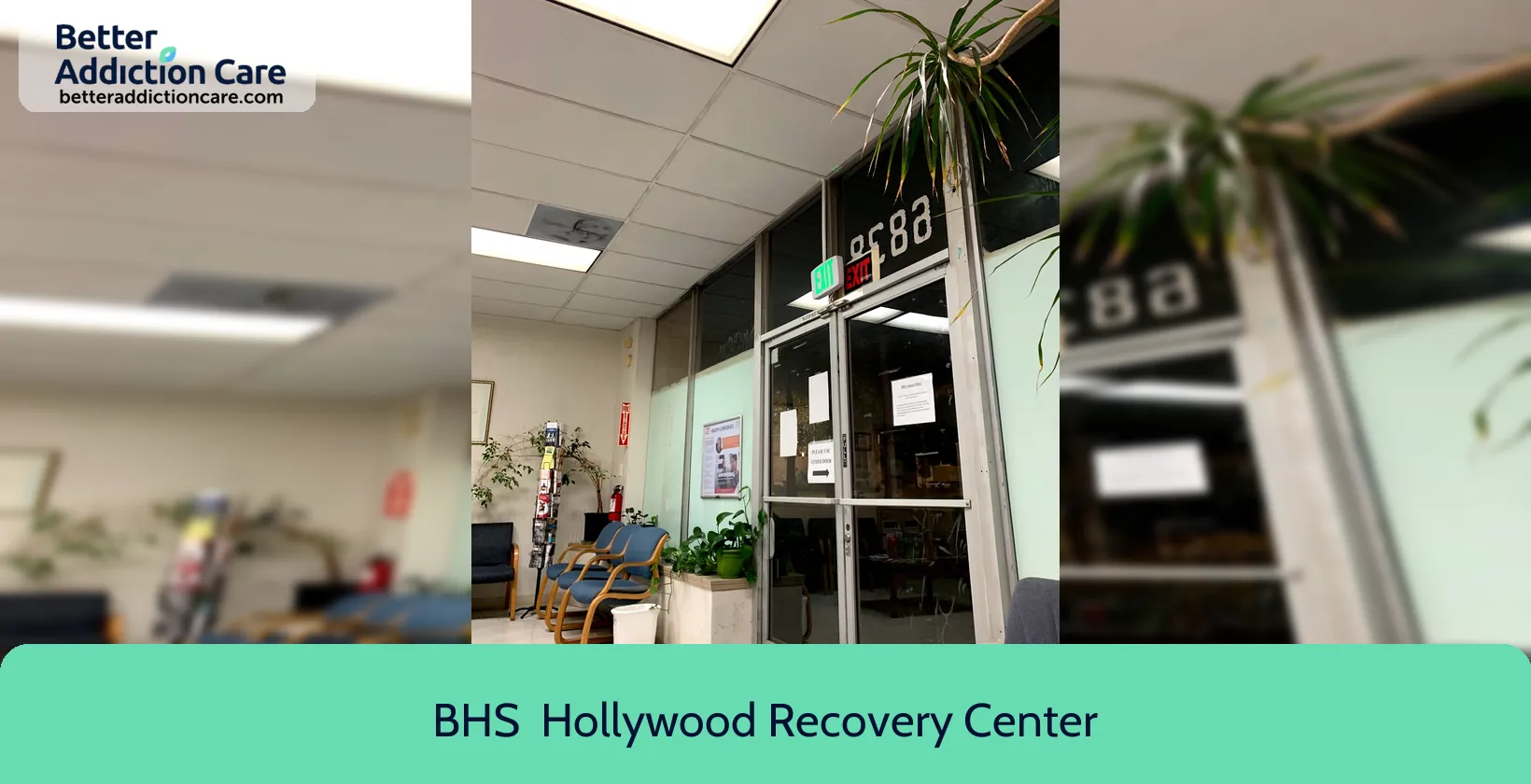
6.68
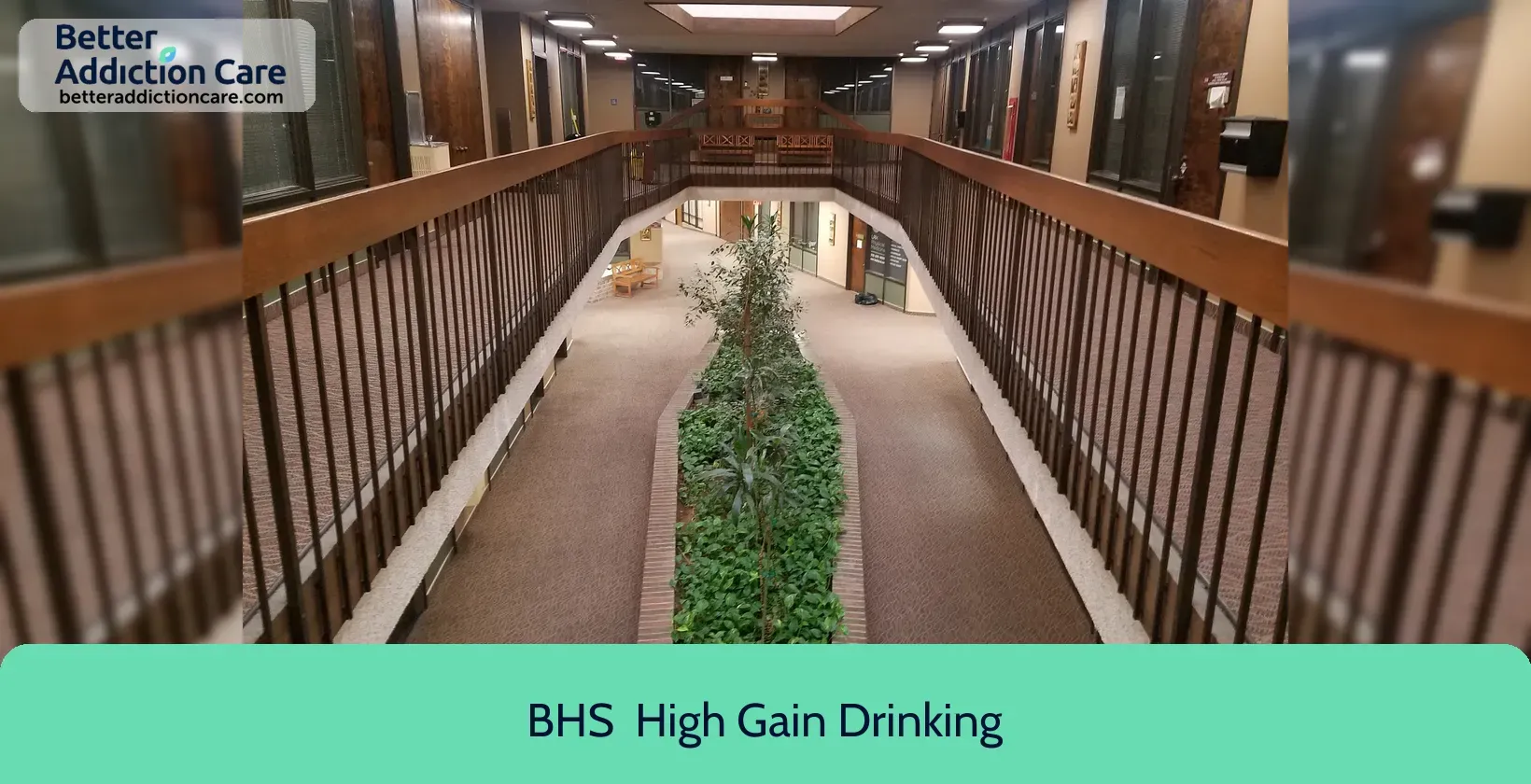
6.68
DISCLAIMER: The facility name, logo and brand are the property and registered trademarks of BHS - High Gain Drinking Driver Program, and are being used for identification and informational purposes only. Use of these names, logos and brands shall not imply endorsement. BetterAddictionCare.com is not affiliated with or sponsored by BHS - High Gain Drinking Driver Program.
